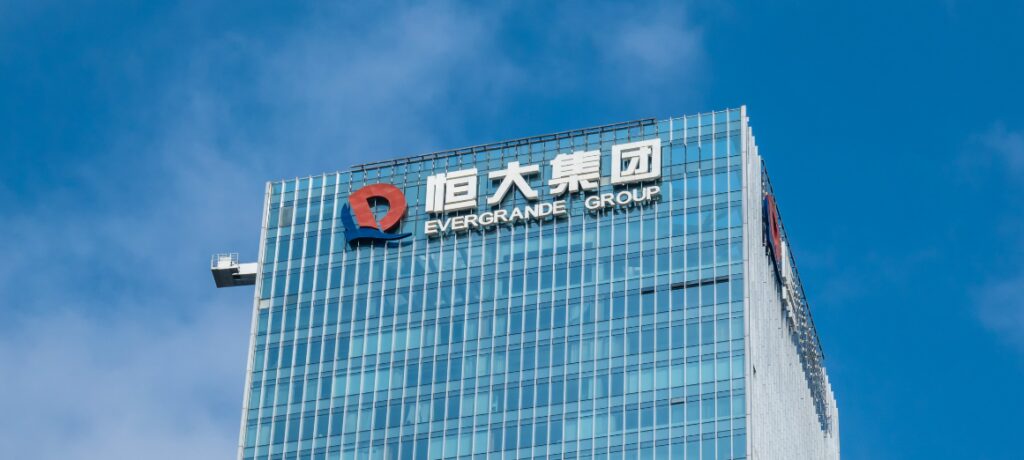The China Evergrande Group (3333.HK), the world’s most indebted property firm, faced a staggering loss of as much as $2 billion, equivalent to 80% of its market value, as shares resumed trading recently. This development is a crucial step for the beleaguered company in its ongoing efforts to restructure its offshore debt. The crisis at Evergrande is symptomatic of broader issues in China’s property sector, which has experienced a series of debt defaults since late 2021.
Debt Restructuring Plan
Evergrande, which has had its stock suspended for 17 months, is currently working to obtain approvals from creditors and courts to implement a debt restructuring plan. To facilitate this, the company has extended the voting record time to September 20, from the initial date of August 23. Moreover, scheme meetings with creditors have been adjourned to September 26 from August 28, as it is essential for all creditors to comprehend the proposed restructuring process and its terms.
To approve the plan, consent from over 75% of the holders of each debt class is necessary. The plan provides creditors with various options to exchange debt for new bonds and equity-linked instruments backed by Evergrande’s stocks and its Hong Kong-listed units.
Plummeting Shares and Market Capitalization
Upon resumption of trading, Evergrande’s Hong Kong listed shares plunged 79% to HK$0.35, reducing the market capitalization to HK$4.6 billion ($586.38 million) from HK$21.8 billion ($2.78 billion). The trading of its units, China Evergrande New Energy Vehicle Group (0708.HK) and Evergrande Property Services Group (6666.HK), had also resumed last month after a 16-month halt. If the suspension had lasted 18 months, Evergrande would have faced delisting.
Grim Outlook
According to Steven Leung, director of UOB Kay Hian based in Hong Kong, the future remains bleak for Evergrande’s operations and share performance. There is scant hope that selling houses to repay debt will be a viable option for Evergrande as homebuyers are likely to prefer state-owned developers, and the company will not be able to leverage stimulus policies.
Narrowing Net Losses Amid Challenges
Despite the narrowing of net losses in the first half of the year due to increased revenue, Evergrande’s stock still plummeted by over 70% upon resumption of trading. Investors are keenly monitoring the company’s progress given its significant role in China’s current economic predicament.
In the first half of the year, Evergrande reported a 50% drop in losses attributable to shareholders, amounting to 33 billion yuan ($4.5 billion), compared to the same period a year ago. However, the company still faces liabilities worth 2.39 trillion yuan ($328 billion) at the end of June, only slightly lower than the 2.44 trillion yuan ($334 billion) reported at the end of the previous year.
Government-Guided Restructuring
Evergrande is undergoing a government-guided debt restructuring process that commenced in late 2021 after it defaulted on its debt. Recently, the company revealed a multi-billion dollar plan to reconcile with its international creditors but noted that it requires additional financing of $36 billion to $44 billion to complete unfinished property projects.
Policy Support from Beijing
To revive the troubled real estate sector, which has been a significant drag on the economy, Chinese regulators have announced a series of measures to boost home buying. However, Nomura analysts believe that these measures may not be sufficient to halt the downward spiral in China’s property sector, and further actions, including lowering deposit and mortgage rates and funding urban village renovations, may be necessary.
The crisis at Evergrande is far from over, and its ability to continue as a going concern depends on the successful completion of the offshore debt restructuring plan and negotiations with onshore lenders for the extension of borrowings. With the Chinese government stepping in to support the real estate sector, it remains to be seen whether these efforts will be enough to stabilize the situation and prevent a nationwide property collap












